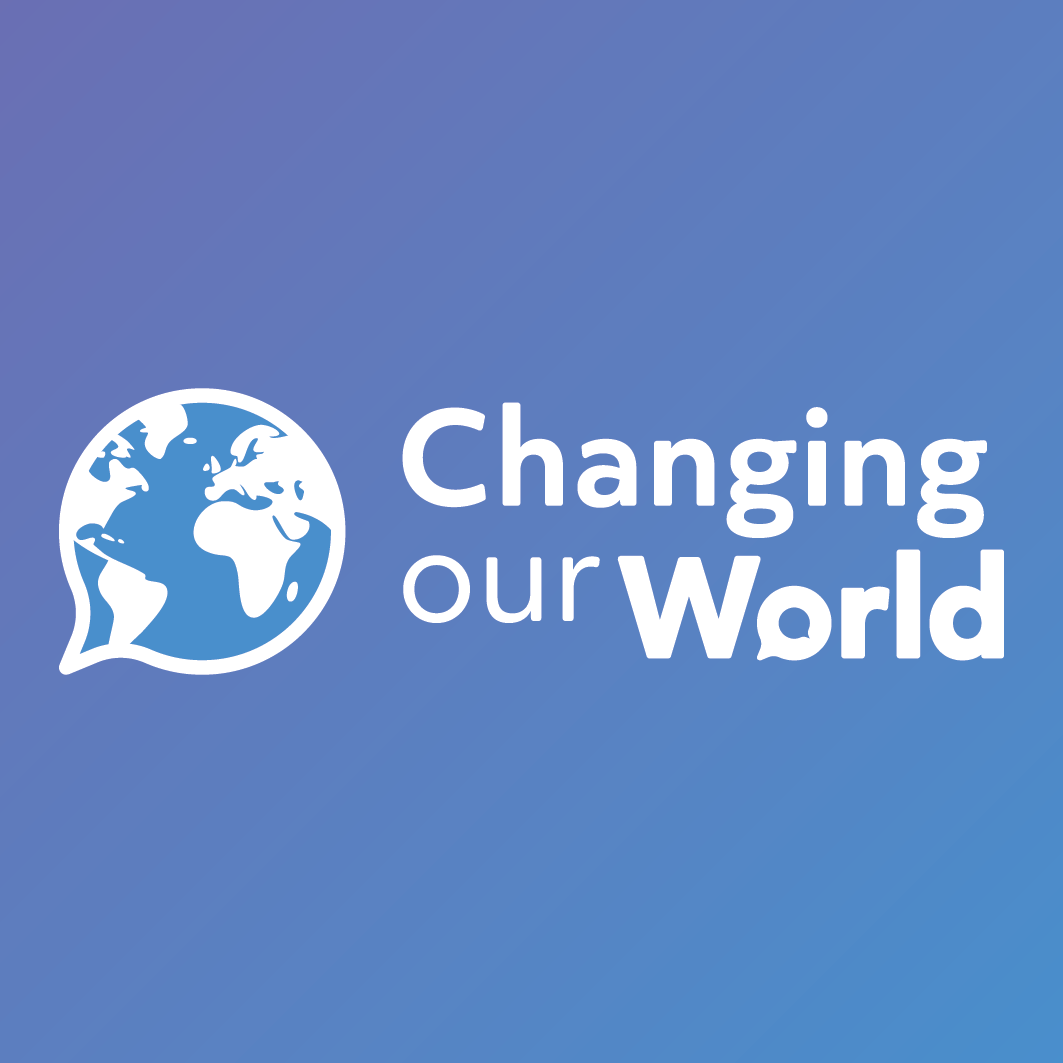Embedding the principles of The Promise
As part of Holyrood Insight’s Keeping The Promise: Next Steps Digital Conference, which was held last week, Children in Scotland’s Head of Policy, Projects and Participation, David Mackay, was invited to talk about how we are embedding the principles of The Promise through our work.
For those who missed the conference, here, David explores how our rights-based policy work, training and learning opportunities, support services, and participation projects are leading the way for change.
As an organisation dedicated to giving all children in Scotland an equal chance to flourish, we are committed to embedding the key principles of The Promise into everything we do.
Working directly with children and young people with care experience, and with professionals supporting them, we have kept firm sight of the recommendations included in the Independent Care Review reports and aim to share knowledge around the key foundations of The Promise in order to make progress.
Through projects such as Changing our World, the Promise Partnership Project, the Inclusion Ambassadors and the Supporting the Third Sector Project, we have been able to explore voice, people and scaffolding, three of the five key foundations of The Promise.
Voice
The United Nations Convention on the Rights of the Child (UNCRC) is now part of Scottish legislation, having received unanimous support in a Scottish Parliament vote on 7 December, and then achieving royal assent in early January.
Providing an important platform upon which to build policy and practice is UNCRC Article 12 – children’s right to be heard, and for their views to be listened to and taken into account. As part of work to embed UNCRC, we must consider how we listen to children and young people with care experience, both as individuals and as a collective voice.
To Keep the Promise, we must seek out the voices of children and young people in care, and on the edges of care, supporting them to share their views appropriately. At the conference last week, Louise Hunter, Chief Executive at Who Cares? Scotland (click here for more), spoke passionately about the importance of the need for high-quality, accessible advocacy services for children and young people. We also heard from Andrew and Lisa, two young people, who shared their views as part of the Our Hearings, Our Voice group, an example some of the principles of good engagement with children and young people.
It’s also vitally important that we use existing evidence wisely, and we don’t keep asking children and young people the same questions repeatedly. We need young people to trust that we are listening and working to change things when they share their views with us.
People
We need a valued and supported workforce that is able to develop positive relationships with children and young people with care experience and ensure they are sustainable.
We know the transformative power of relationships, so it’s important that we invest in people and make sure the conditions are in place to support these relationships.
The Promise Oversight Board Report Two, published last summer, highlighted that the workforce is “over-stretched and under-resourced” and that needs to change. We need to invest in staff, and in training and development, to address these challenges.
Skilled, knowledgeable staff, who understand trauma and trauma-informed approaches can make a big difference to children’s lives. We are currently working on a project with children and young people and pupil support staff to improve the support care experienced pupils receive in school. Staff have highlighted the need for improved training to understand trauma as well as awareness-raising to tackle stigma of care within school communities. The Promise is clear – we must have high aspirations for our care experienced pupils.
Scaffolding
The Promise states that children, families and the workforce must be supported by a system that is there when it’s needed, providing help, support and accountability.
Policy coherence is a significant part of the big picture. We have been working in silos for too long, and we must ensure that cross portfolio work is coordinated, recognising the links between various policy areas including poverty, mental health, employability, housing, and family support.
We also need high quality and accessible services for children, young people and families, with statutory partners and the third sector working together in a joined-up way. We have seen some positive examples of this through the Supporting the Third Sector Project (click here for more), including activity linked to the Whole Family Wellbeing Fund.
The conference last week was a reminder that across the sector, we have seen lots of positive practice and genuine commitment to Keeping the Promise, with hardworking, passionate and skilled staff making a positive difference for so many. However, we still have a long way to go against a challenging backdrop.
Embedding the principles of The Promise at Children in Scotland has helped us to keep sight of what is important, and focus on how we listen, collaborate, explore new ways of working and how we share our learning in order to #KeepThePromise to Scotland’s children and young people.

Annual Conference 2024
Join us on 29 & 30 May at Scottish Gas Murrayfield Stadium, Edinburgh
Click here to access
2021-2026 Manifesto
The policy changes we believe will improve the lives of children, young people and families living in Scotland.
Click here to read
Additional Support for Learning resources
We've created a new online space for resources and information related to additional support for learning
Click here to access
Our services
We offer we offer a range of services that provide support, advice and representation for children and families
Click here for more
Join us in membership
Be part of the largest national children's sector membership organisation in Scotland
Click here for more